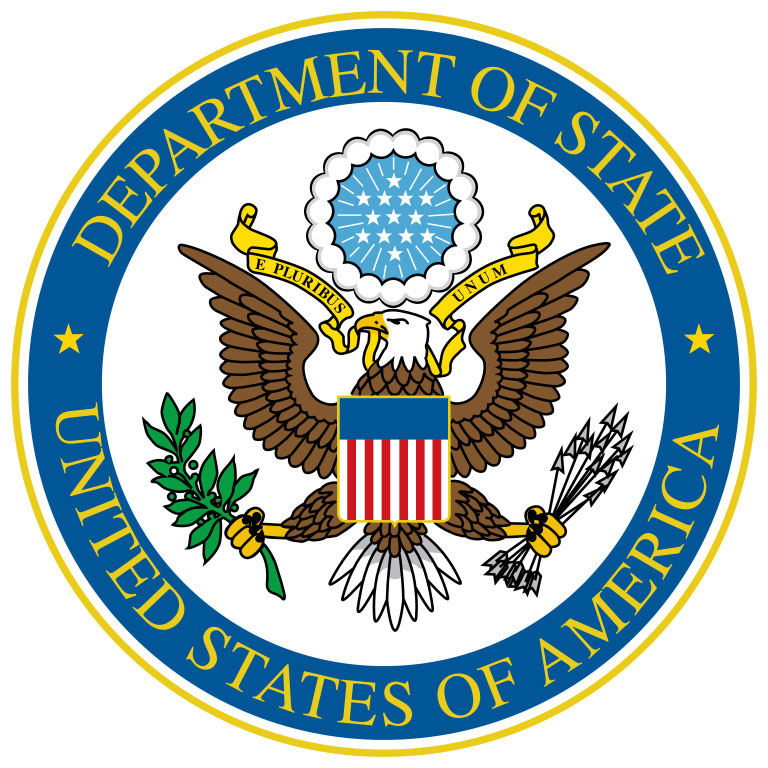Q: I need a “humanitarian visa” to the U.S. How do I apply?
A: The United States does not have a specific “humanitarian visa” category. The B1/B2 tourist visa would cover travel for most emergencies to the United States. Follow the instructions at travel.state.gov to apply.
Q: What are the types of humanitarian emergencies allowed on a B1/B2 visa?
A: A B1/B2 visa would be appropriate to cover a variety of situations, such as the death or hospitalization of a loved one in the U.S., the need for medical care for yourself or a family member or the visitation of a loved one involved in a traumatic accident. As with all tourist visas, an applicant must demonstrate their strong overseas ties in order to qualify. To request an expedited visa appointment due to an emergency, please follow instructions on our appointment website. Expedited appointments, when granted, do not guarantee the issuance of a visa.
Q: My mother is hospitalized in the United States. I brought photos and a letter from her doctor, but the consular officer wouldn’t look at them.
A: Remember, to qualify for a B1/B2 visa, every applicant must demonstrate strong ties overseas and must overcome the presumption of immigrant intent. Additionally, our visa interviews are not document based, and officers seldom ask for them. That said, consular officers understand emergencies happen. Please explain your situation clearly and answer the officer’s questions honestly during your visa interview.
Q: The consular officer said I wasn’t eligible under Section 214(b). What does that mean?
A: Section 214(b) of the Immigration and Nationality Act basically states that all applicants for non-immigrant visas are presumed to be intending immigrants unless they prove otherwise. Your appli-cation is your chance to show your strong ties to your home country. Don’t leave sections blank. Enter the information about your education, jobs, and travel. The officer will likely confirm details from your application or ask you follow-up questions during your interview.
Q: Do I need to overcome Section 214(b) even if I am traveling for a family emergency?
A: Yes. All applicants must overcome the presumption of intending immigration to be issued a tourist visa. There are no exceptions. You may, however, request an expedited visa appointment if you have an emergency need to travel. Please follow instructions on our appointment website. Expedited appointments, when granted, do not guarantee the issuance of a visa.
Q: I have applied for a tourist visa five times and I still don’t overcome Section 214(b). How many more times do I need to apply?
A: Applying frequently will not help you to overcome Section 214(b). You may apply as many times as you wish, of course. However, you are unlikely to receive a different answer from the consular officer until something significant has changed with your ties to your home country.
Q: What if I have a real humanitarian emergency and I can’t qualify for a tourist visa? Are there other options?
A: If you do not qualify for a tourist visa, the other option is to request humanitarian parole from the U.S. Customs and Immigration Service (USCIS). Please find more details at www.uscis.gov/forms/explore-my-options/humanitarian-parole. This process is managed entirely through USCIS, so the Consular Section will not be able to update you on the progress of your application.
Q: I am in a hurry so maybe I should apply for humanitarian parole instead of a tourist visa. Would that save time?
A: No, humanitarian parole from USCIS is only for exceptional circumstances when the normal processes have been exhausted. Per the USCIS webpage, “you may apply for humanitarian parole if you have a compelling emergency and there is an urgent humanitarian reason or significant public benefit to allowing you to temporarily enter the United States. Anyone can file an application for humanitarian parole. If you do not have an urgent humanitarian reason for your visit, you must follow the normal visa issuing procedures set by the Department of State. You cannot use parole to avoid normal visa-issuing procedures or to bypass immigration procedures.”
Q: I paid someone GY$5,000 to fill out my visa application and I was still refused. What do I need to do to get a visa?
A: Be careful paying a third party to complete or expedite your application. The application is about you, your family, and your plans in the United States. No one knows more about that than you do. The Embassy does not charge additional fees to reschedule or expedite your appointment. In addition, please remember you are responsible for the accuracy of your application, even if a third party fills it out.






